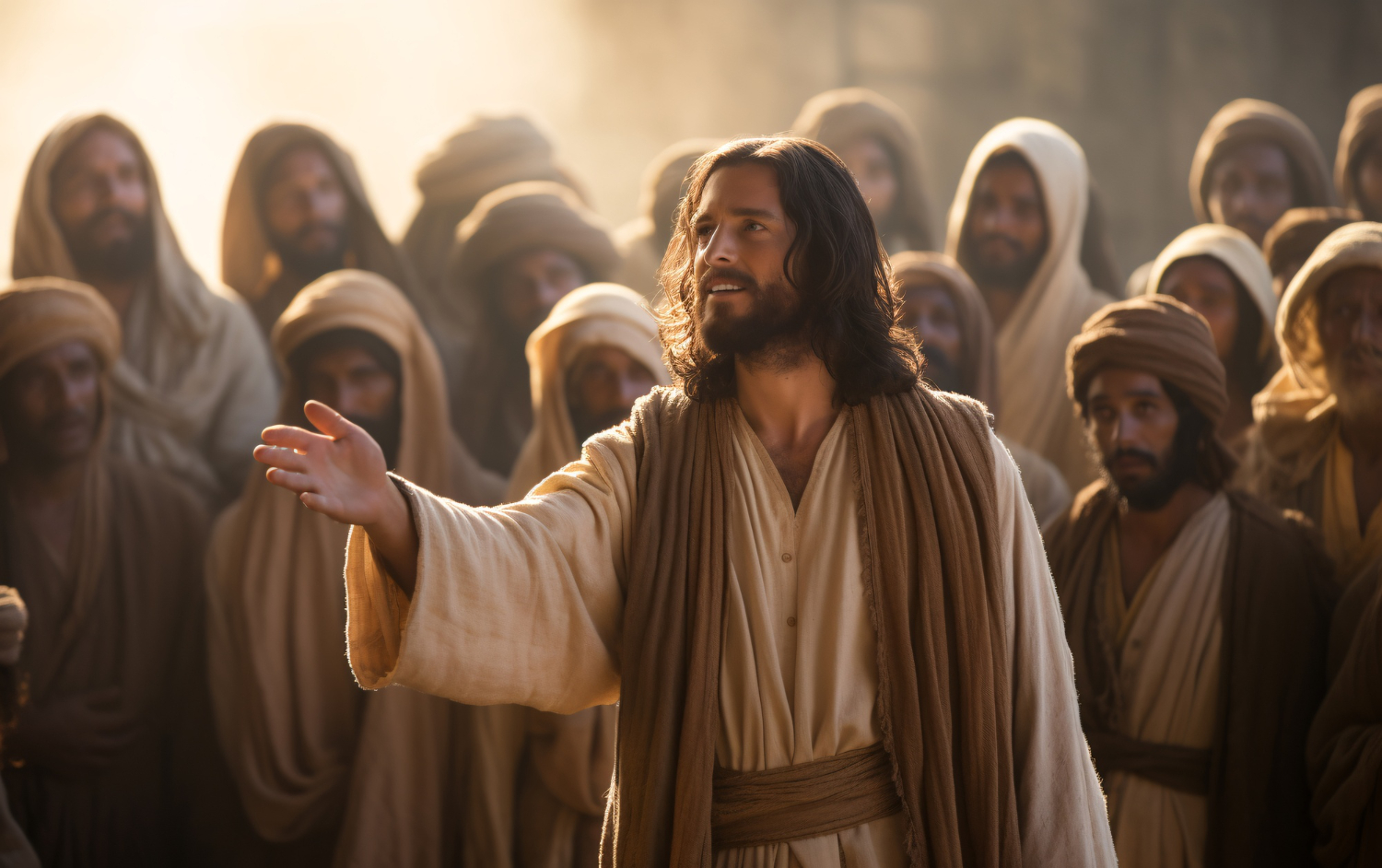- INTRODUCTION
Having understood the meaning and details of Christ’s redemption for believers, the importance, and the gains of redemption both into our inner man and external dealings in the world will find ourselves. Our focus today shall shift to explore and understand the completeness of Jesus’ work on the cross of Calvary.
- THE THREE-FOLD VIEW OF THE FINISHED WORK ON THE CROSS- JOHN 19:30
The 3 big works that Jesus did on the cross can be summarised as propitiation, redemption, and reconciliation (Romans 3:25-26; 1 John 4:10; Eph. 1:7, 14 & Romans 3:24; 2 Cor, 5:18 & Romans 5:10). All three are essentially interconnected and required to give us our new status in Christ as the new creation and blessed man (Eph.1:3)
Propitiation:
- Propitiation deals with the wrath of God. It means “to satisfy wrath by sacrifice.” Romans 3:25, Hebrews 2:17, 1 John 2:2
- Jesus Christ is the propitiation for our sins. He took humanity’s sin upon Himself and suffered the righteous judgment of God. Jesus died to take away man’s sin and He satisfied or propitiated God’s anger against sin. – Romans 1:18, 6:23
- The propelling factor for Jesus’ sacrifice is purely His love- John 3:16; Romans 5:8; , 1 Jn. 4:10.
Redemption:
- In the context of the work of salvation, redemption implies to the work of Christ in setting us free from the bondage of sin’s slavery and all its awful consequences.
- Christ’s Redemption for us deals with our enslavement by sin. Galatians 3:13; 4:5, Ephesians 1:7.
- All children of God must always remember and appreciate that the cost of our redemption was high. The ransom price was the precious blood of Christ. – 1 Pet.1:18-19
Reconciliation:
- The basic meaning of the word “reconcile” is “to change completely.”
- In reference to salvation, reconciliation is the act by which God brings mankind into a completely changed relationship with Himself – from hostility and alienation to harmony and fellowship. – Romans 5:10, Col. 1:20-22.
- What man cannot do himself, Christ’s blood did to meet the demand of God- 2 Corinthians 5:18-19
C. IMPLICATIONS AND OUTCOMES OF THE COMPLETED WORK OF REDEMPTION
- Jesus did not only finish the work of redemption but completed all the task required- John 17:4; 19:28.
- It is finished was a declaration on the part of the divine Redeemer that all for which He came from heaven to earth to do, was now done.
- Jesus was saying that all that was needed to reveal the full character of God had now been accomplished; that all that was required by law before sinners could be saved had now been performed: that the full price of our redemption was now paid.
- Also completed was the fulfilment of all Old Testament prophecies, symbols, and foreshadowings of the coming Messiah. – Gen.3:15; Isiah 53-
- The finished works of Christ impact every area that touches our lives, in the natural as well as the spiritual. This declaration means that our healing, deliverance, prosperity, victory, joy, peace, and everything else we need in life is already finished and ready for us to claim- Rev.5:12
- The completed work on the cross ensures every child of God have everything we need to succeed in life. (2 Peter 1:3, 4).
- Forgiveness given, condemnation cancelled, and guilt removed- Luke 23:34; Romans 8:1-2
- Authority over devil and its agent so as to live in dominion and victory forever. – Col.1:12-14; Psalm 107:2; Luke 10:18-19
Conclusion: The work of Christ upon the cross and His resurrection spur every believer to give thanks and rejoice in the perfect doing of the Lord- 1 Cor.15;57.



